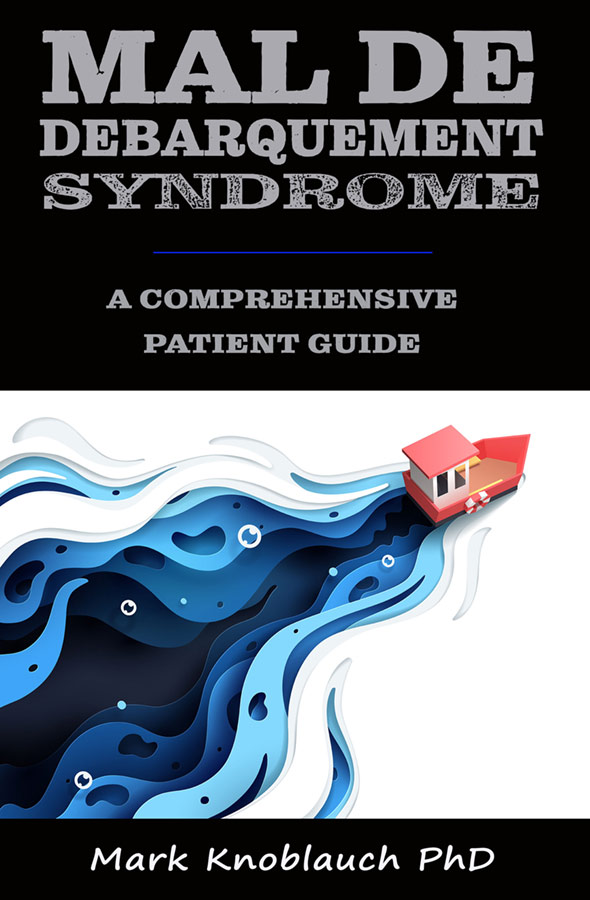Mal de Debarquement Syndrome: A Comprehensive Patient Guide
Synopsis
Few will argue that time spent on a boat or ship can be an enjoyable experience. The peacefulness, the feel of the sun and wind on your face, and the motion of the waves can make for quite a relaxing and enjoyable time. For most people, remembering their time on a boat is limited to a few photographs and perhaps even a few tall tales. Others, though, are left with a constant reminder of the trip in the way of an ongoing rocking and swaying sensation that stays with them every conscious moment of their day. For these individuals, they must live with the unending and unwavering condition of Mal de Debarquement Syndrome, or ‘MdDS’.
Mal de Debarquement is a medical condition that leaves patients subject to the ongoing sensation that they are still on a boat. Even when on solid ground they feel as though they are still out on the water, subject to a sensation that they are swaying or rocking back and forth as they were when out amongst the waves. Science has yet to find an answer for this strange sensation, though significant progress has been made over the past two decades. Recent advances in medicine have been able to narrow down the suspected causes, and treatment appears promising for many who suffer from this miserable condition.
Mal de Debarquement: A Comprehensive Patient Guide is written for newly diagnosed patients who are looking for factual information about this misunderstood medical condition. This book is structured to first provide patients an overview of the vestibular system as well as an introduction to dizziness and seasickness, followed by a description of suspected causes, affected populations, and symptoms of MdDS. We will then outline the diagnostic criteria used to identify MdDS, treatment options available, and quality of life aspects, along with a review of medical conditions related to MdDS. Information for this book is taken from the latest medical research in order to empower you the MdDS patient to have educated and productive discussions with your medical professional.
Excerpts
Because MdDS is so new – and quite rare – as a recognized medical condition, we don’t yet have a wealth of data that can reveal consistencies as to the type of person affected. What we do know, however, is that the highest reported group affected by MdDS is middle-aged women. This fact was made glaringly clear while researching this book and coming across a study designed to look at personality traits in MdDS and finding the following statement: Fifty-four women and one man have participated in the MdDS research studies to date. Nevertheless, males do experience MdDS, but they account for no more than one-fourth of patients and have been reported to comprise as few as 10% of MdDS cases.
Unfortunately, MdDS does not yet have an established and accepted set of diagnostic criteria. As such, it has been stated that a finding of MdDS is often reached through a diagnosis of exclusion, which is to say that MdDS is diagnosed when all other possibilities have been ruled out. Possible explanations as to why MdDS may not yet have established diagnostic criteria could be that it is considered a rare disease, or it may be that symptoms often resolve over time without much medical intervention. Or, it might simply be that there is not yet enough attention focused on MdDS to have enough data to define what makes a true MdDS patient versus someone who exhibits symptoms such as random dizziness.
I highly recommend this book to new MdDS patients for knowledge and understanding of this deeply disruptive disorder. As an MdDS sufferer, I found this book to be extremely comforting. It is factual, informative and explains my disorder in a way no doctor ever has. It has helped me wrap my brain around the possible causes, and given me some clarity regarding treatment options and the impact MdDS has on quality of life.
![]()


